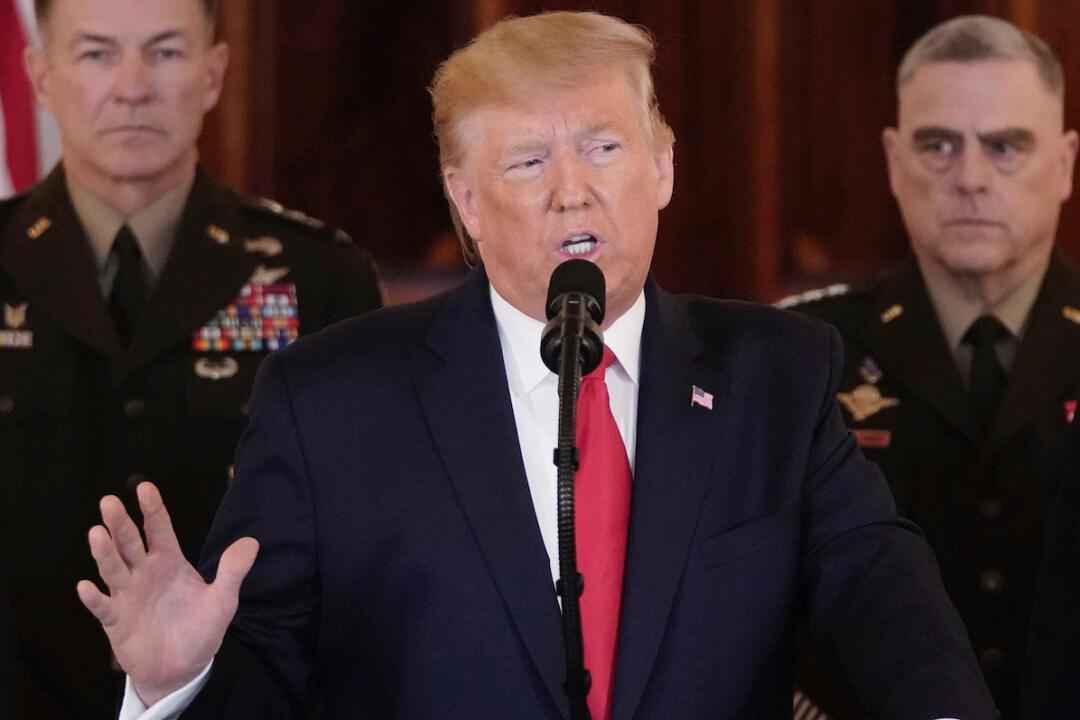The House of Representatives voted to approve the War Powers resolution aimed at restraining President Donald Trump’s ability to use military action against Iran without the approval of Congress, coming a week after a U.S. airstrike killed Iranian General Qassem Soleimani in Baghdad amid escalating tensions between Tehran and Washington.
The vote, a day after members of Congress were given briefings from the White House about the strike, went mostly along party lines.





